Vayong Moua on 2019 Outstanding Refugee Award and everything it means for his family and community
June 21, 2019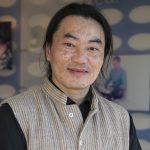 Vayong Moua was born in Laos and spent the first year of his life on the run and in a refugee camp before landing in Eau Claire, Wis. The ripple effects of being a refugee and being born during such a turbulent time in Hmong history have carried down through his entire life.
Vayong Moua was born in Laos and spent the first year of his life on the run and in a refugee camp before landing in Eau Claire, Wis. The ripple effects of being a refugee and being born during such a turbulent time in Hmong history have carried down through his entire life.
Moua, director of health equity advocacy at Blue Cross Blue Shield of Minnesota, was recently awarded a 2019 Outstanding Refugee Award from the Minnesota Department of Human Services— a recognition designed to recognize civic engagement, entrepreneurship and leadership shown by members of Minnesota’s refugee community. Following receipt of this award, Moua shared how he honors his family history and legacy while forging his own notable path today.
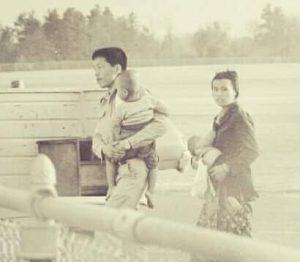 Moua family photo: Vayong's mother holds him, his father holds his older brother, Vameng, and his sister Kashia is in the womb.
Moua family photo: Vayong's mother holds him, his father holds his older brother, Vameng, and his sister Kashia is in the womb.
Vayong says: "Often a metaphor, but I actually came to this county with no shoes."
What is your job at Blue Cross? What are some of the opportunities and challenges you face each day?
My role includes addressing leading causes of preventable death and disease and social determinants of health by transforming policy, systems and environment. We work primarily through policy advocacy, community organizing, building coalitions and shaping public understanding of what creates long term health. Some of the key issues we address include commercial tobacco control, creating healthy food systems and building physical activity into community design.
A lot of these issues are heavily influenced by powerful industries and that opposition is a big challenge to our work. There is a misconception that health is created only by individual choices. But science and community wisdom show us that so much more of what creates health is further upstream and outside of direct health care. There are so many social factors that determine your health, such as your race/ethnicity, ZIP code, food security and transportation options— not just your choices.
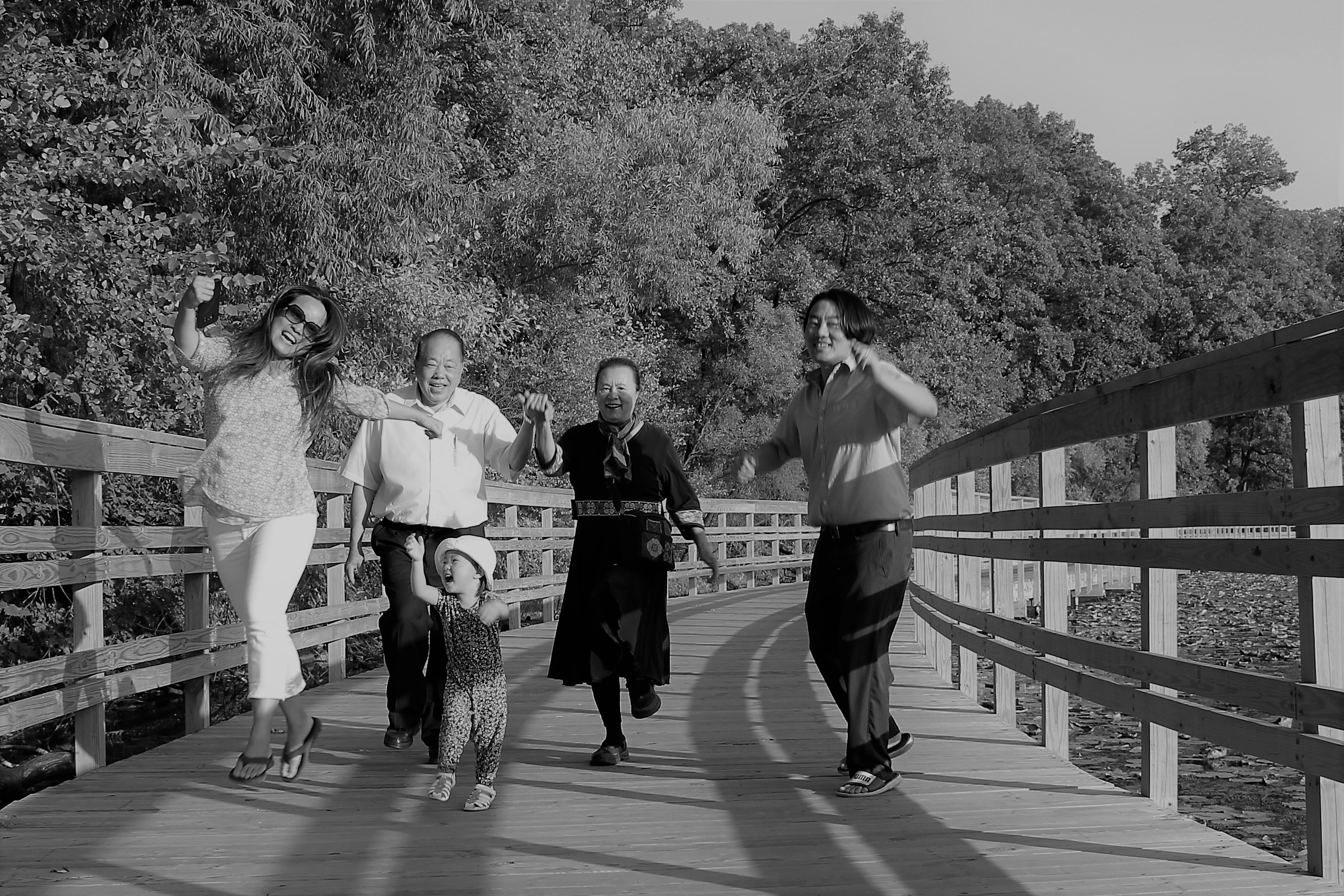
When did you begin your career at Blue Cross and how have you evolved into the role you're in today?
I began in 2005 before the statewide smoke-free policy called “Freedom to Breathe.” I came specifically to pass local smoke-free ordinances and because commercial tobacco control is a significant social justice issue.
But these patterns are pervasive across other sectors too and we knew we had to expand beyond tobacco control. So, we added in active transportation and healthy food access into low income areas— a holistic approach to public health. We knew we needed to get ahead of the curve and, ultimately, influence the agenda setting process further upstream to include health equity considerations across a myriad of sectors.
What are some of the challenges facing refugees in Minnesota and how are you working to address those?
Language challenges, navigating mainstream systems, health care and education, access to public services and just “becoming American.” Embracing your culture and identity while adapting to a new country and a new culture. It’s both a privilege and a challenge.
There is often a negative, cynical view and portrayal of refugees as charity cases or drains on society. The public has lost sight of why refugees are even here. For example, the Hmong people were in service to the American government. My grandmothers were raising families as young widows and I never got to meet my grandfathers because they died in the war in service to the American government.
Most refugees are not just coming here without any kind of connection to the U.S. already. We’re great contributors to society and to the American experience. I feel compelled to redeem the term and restore honor and dignity to the term “refugee.”
Working to advance health equity entails making the biggest impact on those who have the fewest resources for collective prosperity. As such, advancing the health of immigrants/refugees and communities experiencing inequities is core to the Blue Cross mission of making a healthy difference in the lives of Minnesotans.
How did you feel about being awarded as a 2019 Outstanding Refugee?
I’ve gone through a wave of different responses. I’m flattered, I’m just doing my work!
The real award belongs to my parents and grandparents who sacrificed and fought so hard for future generations. The award is also significant to refugees as a whole to celebrate their resilient experience and change the public narrative. We’re leaders, common good creators and advocates—
I realize how important this is for my family, Hmong people and for other refugee communities striving for equity and inclusion. Seeing the wave of support has strengthened my cultural pride and civic engagement commitment.

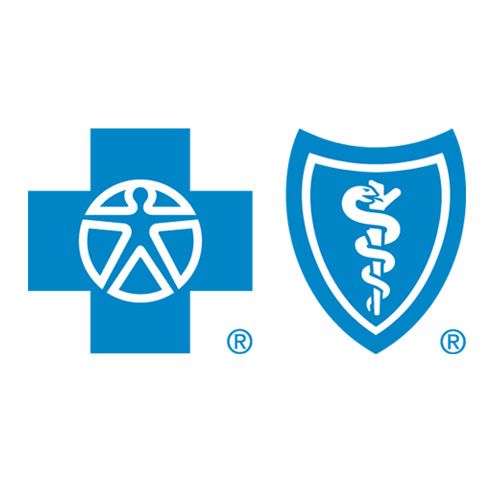
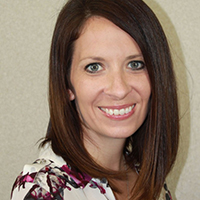
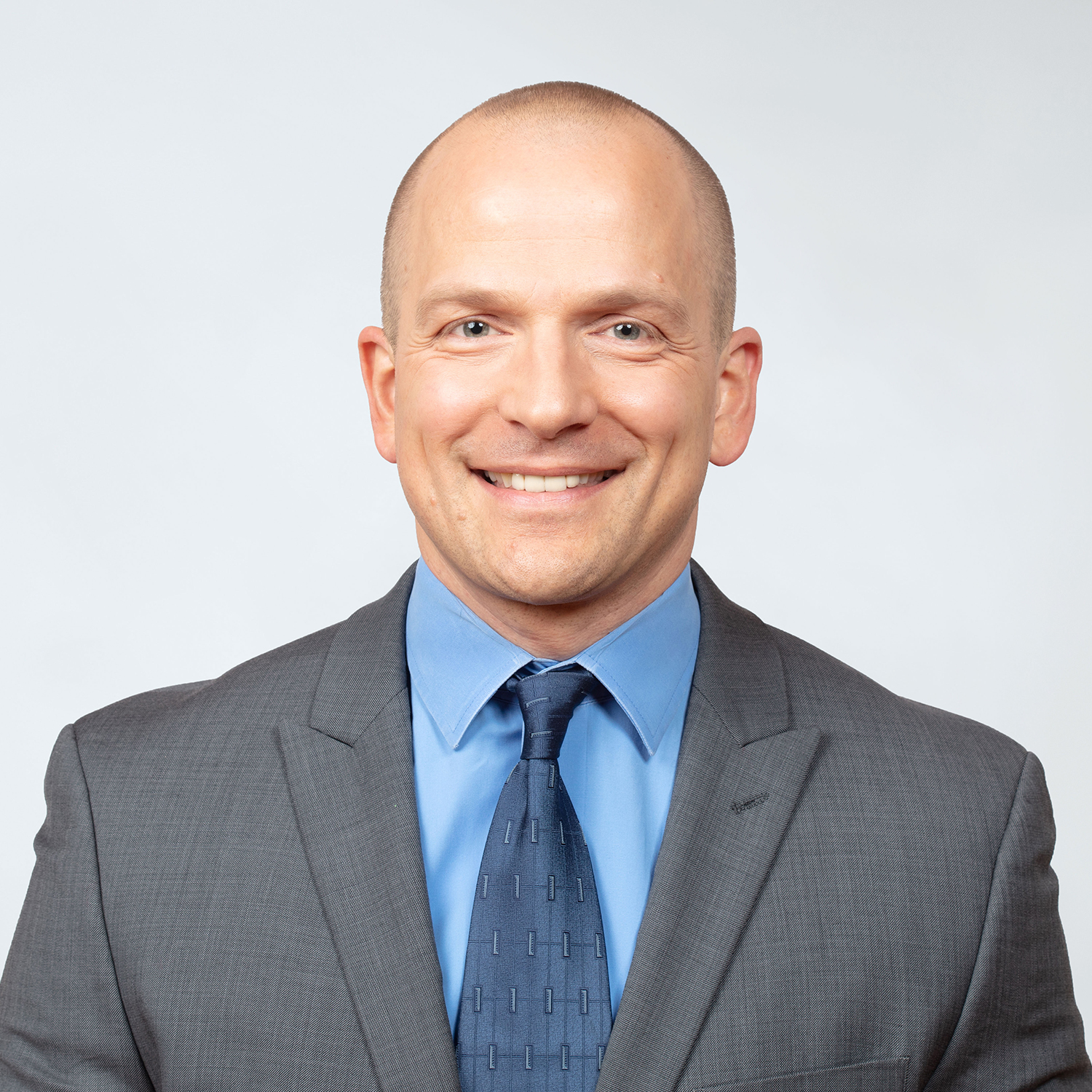
It is nice and touching to read about this article. I was a former emolyee of BCBS, former Lunar new year founder in BC Asian circle , a Chinese descent, and also a refugee from Vietnam. I appreciate Bcbs for recognizing and promoting the diversity to build a healthy community all these years!
Congratulations to Vayong Moua! As a Hmong refugee myself, I feel very proud to see one of our own be involved in healthcare advocacy and to be recognized with such award! Vayong, thank you for your commitment to help educate and improve the community's health especially for the Hmong community!